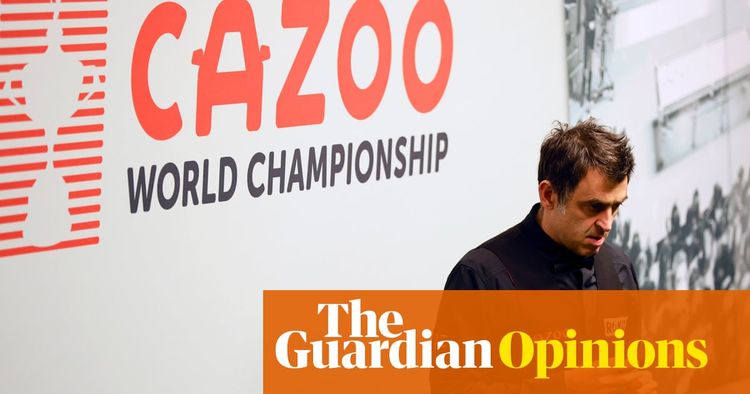Cazoo car crash, skidding on a shares fall of 99.9%, ends an American dream | Nils Pratley

Sometimes, those in charge at the London Stock Exchange complain that life isn't fair. They feel that when a big investment opportunity fails in the UK, people remember it for a long time. However, in New York, similar disasters tend to be forgotten quickly as people move on to the next thing. To some extent, this complaint is valid. For example, Cazoo's failure to meet investor expectations would have caused more of a stir if it had happened in London instead.
The used-car website from the UK decided to go public in New York this year since fast-growing businesses are more relatable to American investors, according to its founder, Alex Chesterman, who stated this previously. However, oh dear, the estimate from the US that Cazoo was worth $8 billion (£6.4 billion) turned out to be entirely inaccurate.
Cazoo recently informed its investors that the company may be nearing its end. The company's shares have plummeted by 99.9% since it first launched. This week, Cazoo discreetly announced that it has submitted legal documents to the high court in London, indicating its intention to seek administrators for some of its significant subsidiaries.
It's really unfortunate that Cazoo has gone downhill, especially for its employees who have been greatly downsized. It's a pity because the company was known for its outstanding customer service and also demonstrated that consumers are open to purchasing cars through online channels, having sold a whopping 160,000 vehicles since its launch back in 2019.
The way the company was doing business caused a lot of trouble in 2022, with losses reaching an incredible £700m. The company also made some big changes, such as withdrawing from continental Europe a couple of years ago. Recently, Cazoo announced plans to get rid of all its inventory and switch to an online marketplace model that would cater to the car dealers it aimed to disrupt.
Despite the negative impact of increased interest rates and a potential UK economic downturn, the main beneficiaries of the brand-building approach taken by Cazoo - where profit was not an initial priority - have been a number of football clubs (including Aston Villa and Everton), as well as a range of sporting events (such as horse racing, darts, snooker, and cricket). The marketing budget provided by Cazoo was highly beneficial for these industries, making it a highly desirable brand to sponsor.
There's a valuable takeaway to be had from the stock market observations made here: we need to question the stereotype that UK fund managers are hopelessly out of touch with tech startups that burn through cash. In reality, investors often make wise decisions based on sound reasoning. With Cazoo, for example, if they're not willing to bestow a value of over £6 billion on the company in London this year, that speaks well of their discernment.
In London's 2021 market, one company that didn't perform as well as expected was Deliveroo. Despite being incredibly expensive, with shares dropping significantly from its original £7.6bn valuation, Deliveroo has still managed to stay afloat and is not considered a failure like Cazoo. The company is even discussing the possibility of making a profit and has been repurchasing some of its shares.
The second thing to learn is for UK businesses thinking about following in the footsteps of Cazoo and expanding into US markets. Unfortunately, British companies haven't had great success in this area. While there have been some triumphs, like Oxford's Immunocore Holdings and Arm Holdings, the overall track record is unfavorable. The London Stock Exchange has looked into the public data (as it should) and discovered that out of the 20 UK companies that have raised over $100 million in the US in the last ten years, eight have already withdrawn from the market, only three are currently trading higher than their initial public offering price, and the remainder is trading at an average decline of 71%.
The statistics mentioned above do not cover the exports from the UK, namely the companies Cazoo and Arrival, which tried to follow a trend by going public in the United States through a special type of company called a Spac. However, the outcome for these types of companies has been particularly poor. Despite this, it remains evident that the London stock market needs fresh businesses to stimulate growth, although it thankfully did not take part in the foolishness of Spacs.





















































